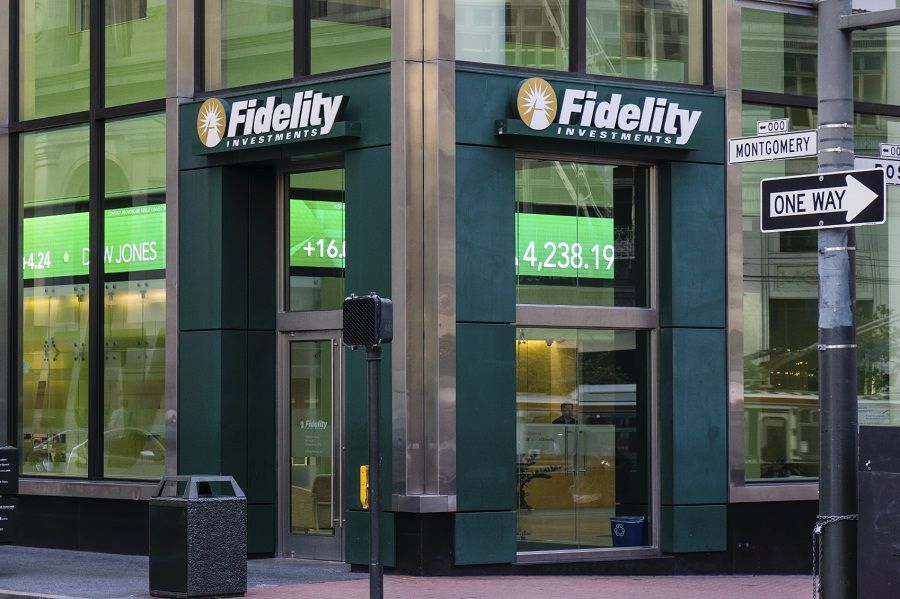Employer-sponsored retirement plans are beginning to consider ESG – and some firms are preparing themselves for considerable growth in the space.
Nearly one in five defined contribution (DC) plans in Fidelity’s business in 2020 included at least one ESG investment option, and the company expects that proportion to increase amid greater awareness by young workers.
“Human resource departments are hearing directly from their employees about wanting to have better options that align with their values,” said Keri Dogan, senior vice-president of retirement income and workplace investment innovation at Fidelity.
“A lot of this is generational,” Dogan said. “There’s clearly growing demand for climate-specific [investments].”
The company recently issued a small report on near-term trends in the retirement plan business, based on feedback from clients. More interest in ESG, generally, was among the findings.
The most recent figure for its total assets in ESG funds within DC plans, $7.4bn, is also expected to rise. To prepare for that, the company has hired a chief sustainability officer and is building out its roster of products.
Last year, Fidelity launched seven sustainable funds, second in such launches behind BlackRock, according to data from Morningstar.
And Morningstar itself is interested in the growth of sustainable investing. Last year, the Chicago-based firm announced it was preparing the first ESG-specific pooled employer plan for the 401(k) market, in conjunction with PAi Retirement Services. A pooled employer plan, or PEP, is a structure that first became available last year, as a result of the 2019 SECURE Act. PEPs allow unrelated businesses to participate in the same plan, often with the benefits of lower costs than they would have on their own and the ability to offload most of the fiduciary responsibilities of overseeing a plan.
Morningstar’s PEP will include a custom target-date fund, which – if it is a sustainably minded investment – could address one of the major impediments to ESG in 401(k)s. That is because, in most cases, workers are defaulted in plans by their employers and tend to stick with whatever investment option they are placed into, often a target-date fund.
And there are very few target-date products on the market that are built specifically with ESG in mind.
“People are much less active in their 401(k) plans about making trading decisions or changing out of the default. Nobody that I know is offering a default ESG fund at this point,” Dogan said.
That is a product category Fidelity is considering, even if a launch would be a long way out.
A survey that firm conducted among plan participants found that 26% said they are interested in ESG investments, including 40% of millennials. By comparison, just 10% of all participants expressed interest in cryptocurrency investment options.
That isn’t dramatically different from a survey report last year from Schroders, which found 37% of people said their retirement plans include an ESG option, and 90% of those who have the options available invest in them. For those whose plans lacked such options, or if they were unaware, 69% said they would likely increase their total contribution rate to the plan if ESG funds were available, according to Schroders.
However, only about 5% of 401(k)s include ESG options, compared with 38% of 403(b)s, according to reports last year from the Plan Sponsor Council of America.
Among Fidelity’s plan clients that offer ESG funds, 5.4% of participants invest in them, up from 4.8% in 2019, Dogan said.
A turning point for ESG in retirement plans could be the Department of Labor’s recently revised stance on them, including the permissive use of ESG target-date funds as default options. The regulator has finalized a rule on that topic and is expected to release it any day.
Until ESG becomes common in default investments, it will take education to get participants more interested in the options their plans currently have, Dogan said, adding some plan sponsors have been asking Fidelity for online sessions dedicated to ESG.
“We as an industry have a way to go before participants understand what their choices are and the impact [of them],” Dogan said. “There is going to be continued focus and pressure from a climate perspective.”








